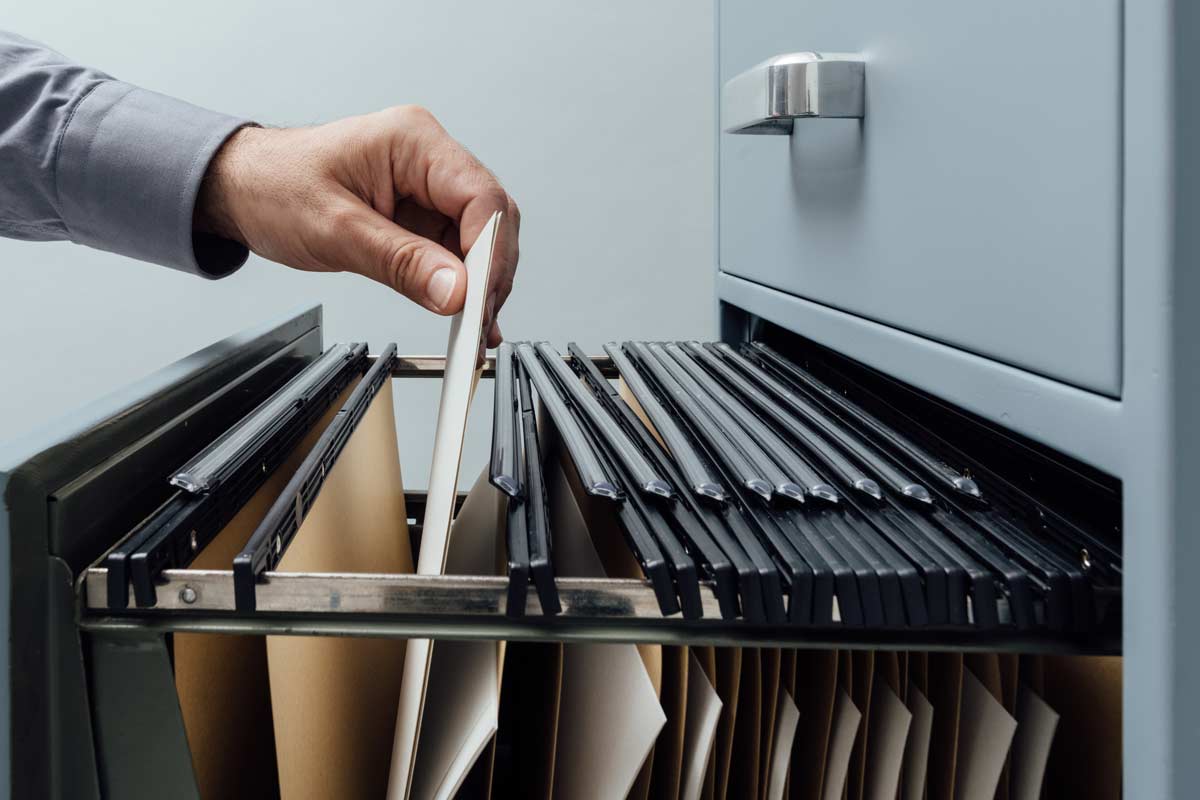Whether you are a new or a well-established business, maintaining good business records is essential to supporting your business income and tax deductions. Good recordkeeping means you also claim the full amount of tax deductions to which you’re entitled. And you want to make sure you can defend the amounts reported on your tax returns if you’re ever audited by the IRS or state tax agencies.
It’s interesting to note that there’s no one way to keep business accounting records: excel spreadsheets, desktop or web-based accounting software are all acceptable. In its publication “Starting a Business and Keeping Records,” the IRS states: “Except in a few cases, the law does not require any specific kind of records. You can choose any recordkeeping system suited to your business that clearly shows your income and expenses.” However, retaining the proper underlying support for the info reflected in the accounting books takes a little more effort to sustain an IRS audit. In addition, certain types of expenses, such as automobile, travel, meals, and office-at-home expenses, require special attention because they’re subject to special recordkeeping requirements or limitations on deductibility.
Below are 3 court cases where taxpayers failed to make the grade when it came to recordkeeping.
Case 1: With no records, the IRS will reconstruct your income
If a taxpayer is audited and doesn’t have good records, the IRS will often perform a “bank-deposits analysis” to calculate business income. The IRS assumes that all money deposited in accounts during a given period is taxable revenue. That’s what happened in the case of the business owner of a coin shop and precious metals business. The owner didn’t agree with the amount of income the IRS attributed to him after it conducted a bank-deposits analysis.
But the U.S. Tax Court noted that if the taxpayer had kept adequate records, “he could have avoided the bank-deposits analysis altogether.” Because he didn’t, the court found the bank analysis was appropriate and the owner had underreported his business income for the year. (TC Memo 2020-4).
Case 2: Expenses must have a business purpose
In another case, an independent insurance agent’s claims for a variety of business deductions were largely denied. The Tax Court found that he had documentation in the form of cancelled checks and credit card statements that showed expenses were paid. But there was no proof of a business purpose.
For example, he made utility payments for natural gas, electricity, water and sewer, but the records didn’t show whether the services were for his business or his home. (TC Memo 2020-25).
COMMENT – a credit card statement by itself is not adequate support for a business tax deduction. Retaining the original receipts is advisable to prove the item (s) purchased as well allow for contemporaneous documentation of: who, what, when, where and why for incurring the business expenditure.
Case 3: No records = No deductions
In this case, married taxpayers were partners in a travel agency and owners of a marketing company. The IRS denied their deductions involving auto expenses, gifts, meals, and travel because of insufficient documentation. The couple produced no evidence about the business purpose of the gifts they had given. In addition, their credit card statements and other information didn’t detail the time, place, and business relationship for meal expenses or indicate that travel was conducted for business purposes.
The Court stated….“the disallowed deductions in this case are directly attributable to (the taxpayer’s) failure to maintain adequate records,“ (TC Memo 2020-7).
Please contact us if you need assistance or a review of your existing business recordkeeping procedures. Taking a meticulous, proactive approach now to recordkeeping will help protect your eligible tax deductions and minimize audit adjustments.





